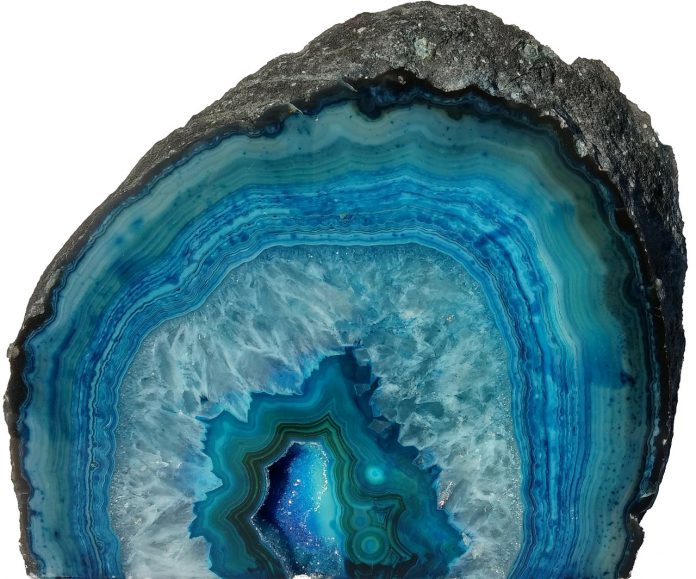Quartz worktops – several words about their production and why they are better than stone
Not only natural stone is used for making kitchen and bathroom worktops. Today modern solutions allow for creating different materials and these are increasingly being used. We did not have to wait long for the popularity of quartz conglomerates. They are used for making floorings, wall linings, cabinet fronts and first and foremost worktops. How are quartz worktops made and why are they better than natural stone?
Quartz worktops – stages of production
Quartz conglomerate is a man made product. It is made of ground quartz and granite sand, resin and pigments. The natural material makes up to 90% of the product and the rest is resin and pigments. The mass has a liquid form. It is transported on a special belt to a device, which presses it and makes it hard. High pressure and high temperature make the mass solid, and then it can be cut appropriately, ground and polished. This is how quartz worktops are made. Conglomerate is produced in the form of slabs or blocks, depending what type of equipment the company has and what kind of products had been ordered. Impregnation makes the conglomerate harder, more durable and resistant.
Why are quartz worktops better than granite worktops?
We probably don’t need to convince you that granite worktops are durable and resistant to many types of damage. It turns out however, that quartz conglomerate is in certain aspects better than granite. First of all it is lighter and available in a wider variety of colours. The great number of pigments and ways of mixing them provide endless possibilities. Besides, it is much easier to process and it can be connected without welds, and that is very important in case of kitchen or bathroom worktops.
It is worth adding here, that quartz worktops have the same temperature as the environment, so they are warm to touch. They handle high temperatures and cleaning agents really well. Unfortunately in comparison with granite worktops, quartz worktops are quite susceptible to scratches but it is not a big disadvantage, because they can be easily renewed. The top layer has to be grounded, and the worktop regains its shine and smoothness. The lack of high porous structure and low absorbability protect them from stains. So you don’t have to worry that an accidentally spilled tomato juice or wine will cause permanent damage. It should also be noted that quartz conglomerate is highly hygienic, non-flammable, ecologic and recyclable. It doesn’t wear off; the process of production is shorter than processing of natural stone and it looks very noble and elegant. If you want to learn more about quartz worktops make sure to visit polishgranite.co.uk website.

